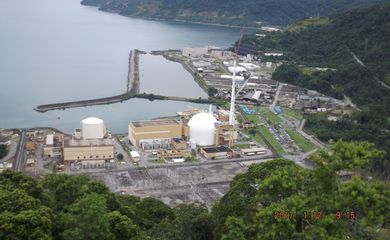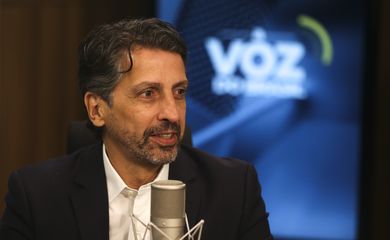Selective solid waste collection reaches 60.5% of Brazilian cities

A survey by the government´s statistics agency IBGE reveals that 3,364 Brazilian municipalities nationwide (60.5%) with solid waste management services have implemented selective collection. Additionally, 56.7 percent of these cities have adopted legal frameworks addressing selective collection, reflecting a growing alignment between legislation and practice in just over half of the municipalities.

Regionally, there was significant variation. The South led in both categories, with 81.9 percent of municipalities offering selective collection and 74.5 percent having specific legislation. In contrast, the North recorded the lowest figures, with only 33.5 percent of municipalities providing selective collection and 42.2 percent having legal instruments in place. This highlights the need to expand service coverage, as legal instruments are more prevalent than the implementation of the service.
According to IBGE, selective collection in Brazil is regulated by various legal instruments designed to ensure correct solid waste management and promote sustainability. One of the key milestones is the law that established the National Solid Waste Policy. This legislation sets important guidelines for implementing selective collection in municipalities, requiring waste to be separated into categories such as recyclable, organic, and waste to facilitate its proper disposal.
The National Solid Waste Policy also establishes shared responsibility between the government, companies, and citizens in waste management. It requires municipalities to implement selective collection systems and promotes environmental education to raise awareness about the importance of correctly separating waste.
Waste pickers
According to the institute, cooperatives, associations, and other forms of waste picker organizations play a fundamental role in solid waste management by helping to reduce the volume of waste sent to landfills and dumps, promoting recycling, and fostering the social inclusion of workers in this sector. The presence of organized waste pickers is essential to the success of selective collection, as these groups not only generate income for many families but also contribute to environmental sustainability and the circular economy.
Out of the 5,557 municipalities that provided urban cleaning and solid waste management services, 4,093 (73.7%) reported the presence of informal waste pickers. In contrast, waste picker organizations actively involved in selective collection were reported in 1,498 (27%) municipalities.







